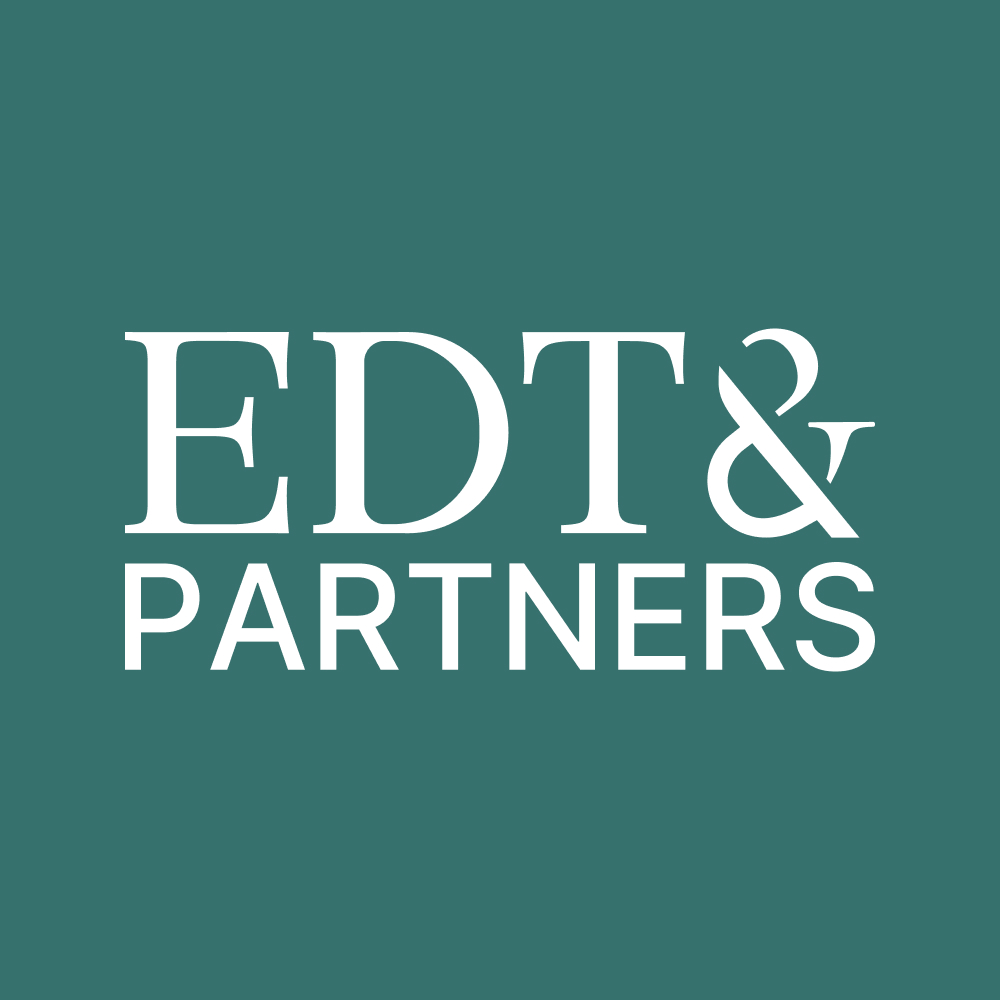Back to The EDiT Journal
Intro to EdOps. A Customized Approach for the Education Sector. Part I
EDT&Partners is applying operational and technological practices like DevOps, FinOps, SysOps, and SecOps to the unique demands of the Education sector.


EdTech Strategy
EdTech
Governments
Publishers
Schools & Universities

In this article
What is EdOps?
The History of EdOps
Why the education sector needs EdOps
The key components and benefits of EdOps
The Importance of EdOps
Intro to EdOps. A Customized Approach for the Education Sector
What is EdOps?
In today’s fast-paced business landscape, operational and technological practices like DevOps, FinOps, SysOps, and SecOps have emerged as essential drivers of success. These methodologies and organizational models enable organizations to become more agile, competitive, data-driven, and secure. While these practices hold immense value across various industries, the Education and Edtech sector possesses unique requirements that demand a specialized approach.
In response, we’ve coined the term EdOps, the practice that combines modern Ops best practices with a new dimension specifically tailored to the needs of Education. Collaboration, interoperability, handling vast amounts of non-technical data, scalability, operational efficiency, seasonability, and accommodating multi-stakeholders are just a few of the key considerations in the education industry.
The History of EdOps

Why the education sector needs EdOps
Traditional Ops models may not take into account and address the unique needs of the education industry. Those include not only visibility and optimization of cloud/technology cost structures but also the unit cost visibility and cost optimization for Cloud/Tech.
For example, do universities understand complex pricing models and know the cost per student of a tool or service? Do the different applications, software and tools at an educational institution work seamlessly together? Is there effective communication, information sharing and collaboration between departments to enhance the overall learning experience?
Similarly, the success and nourishment of businesses in the education sector, especially those that rely on technology, highly depend on the philosophy employed within an organization. A strong culture, matched by strong values and processes leads to the creation of strong teams, and thus success and continuity to the business. On the other hand, a weak culture and processes is a fast lane to failure.
EdOps is a philosophy, a set of frameworks, best practices, and recommendations, coined by EDT, that aims to improve the value of the business of education.
The key components and benefits of EdOps
EdOps can be broken down into three main areas: FinOps, Scalability, and Training. Each area addresses critical aspects of optimizing operations, enhancing scalability, and empowering teams with the knowledge and skills needed to thrive in today’s technology-driven landscape.
FinOps
FinOps is the practice of optimizing cloud financial management through collaboration, accountability, and cost transparency. FinOps practices include:
- Cost Breakdown and Reporting
Insights into cloud costs through customized dashboards and reports that provide clear visibility into cloud expenditure.
Benefit: Help you make informed decisions and optimize cost allocation.
- Cost-Saving Opportunity Identification
Identifying cost-saving opportunities within an infrastructure and implementing quick fixes such as right-sizing virtual machines, removing unused resources, and implementing cost-effective storage solutions.
Benefit: Significantly reduce unnecessary expenses.
- Compute Cost Optimization
Optimizing computing costs by exploring smarter purchase options, including choosing the right instance types. Instance types are pre-configured virtual machine packages with distinct characteristics such as memory, storage and price. Optimize costs by switching and choosing the right instance type as your needs evolve and change.
Benefit: Maximize cost-efficiency without compromising performance.
Scalability
- Cloud Optimization
Identifying architectural inefficiencies in an infrastructure and providing actionable recommendations to identify areas for improvement.
Benefit: Optimize performance, scalability, and cost-efficiency.
- Process Optimization
Streamlining your Software Development Lifecycle (SDLC) by identifying process bottlenecks and improvements.
Benefit: Enhance collaboration, efficiency, and time-to-market.
Training
- Technical Training
Equiping your team with the technical skills necessary to excel in today’s dynamic technology landscape.Benefit: Empower your team to leverage the latest tools and frameworks effectively.
- Cultural Training
Fostering a culture of DevOps and FinOps across your organization with non-technical training offerings emphasizing collaboration, process optimization, and cost awareness.
Benefit: Transform your organizational culture and foster cross-functional alignment.
The Importance of EdOps
We’ve created the concept of EdOps as a customized approach tailored to meet the emerging and unique needs of the education sector. By combining modern operational practices with FinOps, scalability, and training, EdOps has the potential to revolutionize the future of learning by driving more effective and efficient management of educational organizations worldwide.





